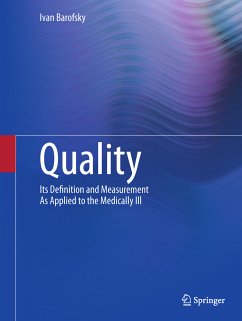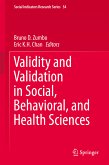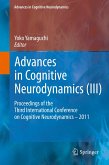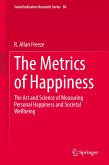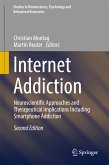It also breaks down the cognitive-linguistic components that comprise the judgment of quality, including description, evaluation, and valuations, and applies them to issues specific to individuals with chronic medical illness. In this context, quality/QoL assessment becomes an essential contributor to ethical practice, a critical step towards improving the nature of social interactions. The author considers linear, non-linear, and complexity-based models in analyzing key methodology and content issues in health-related QoL assessment, including:
- Objective versus subjective indicators.
- Signs and symptoms, e.g., pain and fatigue.
- Categories and domains.
- Health status and quality of care.
- Functional status.
- Neurocognitive capacity/degeneration.
- Well-being and emotional regulation.
- Determinants of Valuation.
- The role of Fundamental Measurement.
This book is certain to stimulate debate in the research and scientific communities. Its forward-looking perspective takes great strides toward promoting a common cognitive-linguistic model of how the judgment of quality occurs,thereby contributing important conceptual and empirical tools to its varied applications, including QoL assessment.
Dieser Download kann aus rechtlichen Gründen nur mit Rechnungsadresse in A, B, BG, CY, CZ, D, DK, EW, E, FIN, F, GR, HR, H, IRL, I, LT, L, LR, M, NL, PL, P, R, S, SLO, SK ausgeliefert werden.

